In the digital age, the unauthorized distribution of intimate content is a growing issue that can have significant emotional and legal consequences for victims. If you find yourself in this situation, acting quickly is essential to minimize damage and remove intimate content from the internet.
Tabla de contenidos
In this step-by-step guide, we explain what to do to protect your privacy and assert your rights.













